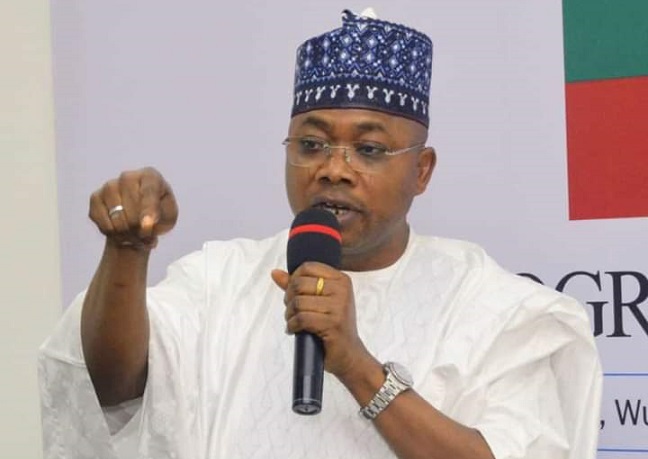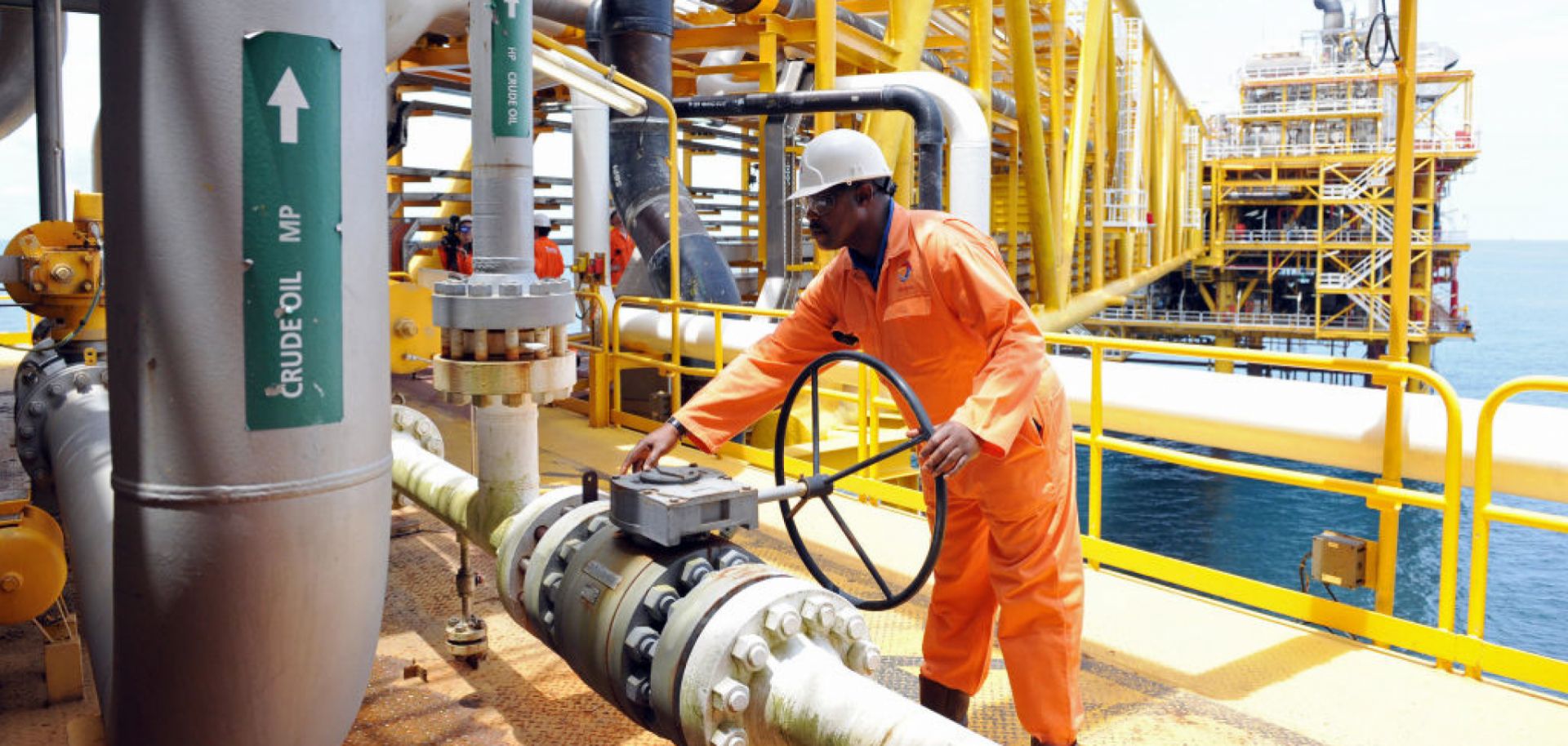Due to the February weakening in the currency rate, businesses in Nigeria saw the biggest increase in input costs in a decade.
The Times recorded that the Purchasing Managers Index for February 2024 by Stanbic IBTC indicates that business conditions saw the lowest improvement since December 2023, as Nigeria’s business PMI fell sharply from 54.5 in January to 51.0 for the month.
Moreover, as per the month’s Stanbic PMI, entrepreneurs passed along the escalating expenses of inputs to their clientele, producing output inflation. Reductions in company orders were another consequence of the unprecedented rise in input costs.
However, February witnessed a surge in both new enterprises and business activity, with agriculture leading the way while manufacturing and fast-moving consumer goods suffered a decline.
Businesses saw a decline in personnel levels, a decrease in purchasing activity, and a record low in business confidence for the first time in ten months.
According to head of Equity Research at Stanbic IBTC Bank, Muyiwa Oni “the first quarter of the year’s growth might be adversely affected by the rise in input costs brought on by a large devaluation of the currency and the rise in transportation costs, projecting 2.9% economic growth in 2024.”











